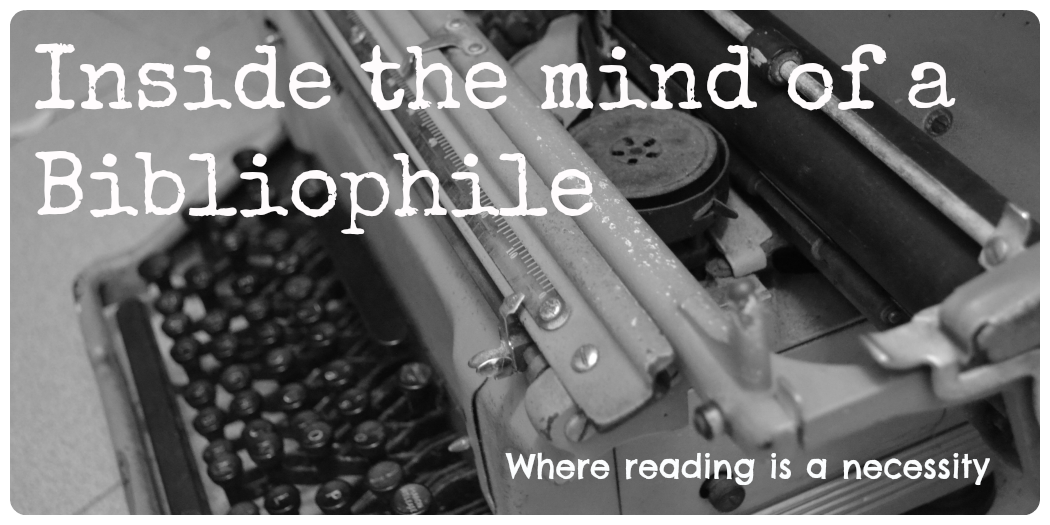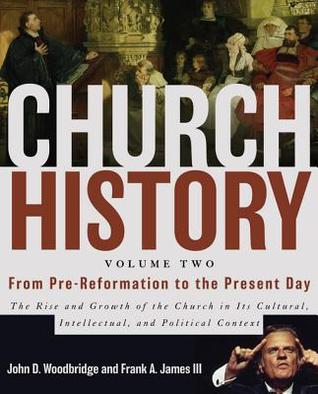Like in the previous volume, I appreciated the mini-explanations of the theology involved and the biographies of key figures. I also liked the fact that the book also looks at the political, societal and economic of the time (especially political), since Christianity was very closely tied to politics.
Bits of information that surprised me include:
- Martin Luther's marriage to Katie. It started out as a loveless marriage, but Luther fell in love with his wife and the fact that such a key figure in the reformation had such an unusual marriage shaped attitudes towards marriage in society.
- I didn't know that predestination "was not the wellspring of Calvin's theology", because that is what I remember most clearly (and struggle with, for that matter).
But while the book is easy to read, it does try to cram about 700+ years of history into 800 ish pages, which means some extreme simplifications are made. For example, the book says that "Catherine [Catherine the Great] did little to improve the plight of serfs during her reign".
Since I just finished a biography about her, I found this simplification a little insulting because she had a plan to free the serfs, but eventually abandoned it for practical reasons. The book also made no mention of her Nakaz, which I thought was a pity since she did consult many people about it and their reactions would have been helpful to explaining attitudes in Russia.
More importantly, I thought that this volume was too focused on Europe, specifically the British Isles and France, and later on America. Russia was given several sections, but not whole chapters, while Asia, Africa and the Middle East were largely left out (they did appear in the last one third, but I thought their presence was far too little). The persecution in Japan was almost entirely left out, and a lot of the history in India and China greatly summarised.
It is a pity, because there is a history, and in the case of Africa, the book even admits that "it [Christianity] has a continuous history on the continent of Africa of nearly two thousand years." So even if there weren't many theological debates going on, I think the development of Christianity in those regions should have been given more space.
Thankfully, things did get more globalised towards the end, and I found the discussion on the new centres of global Christianity and the modern theological trajectories to be fascinating (especially the contextual theologies, since I haven't heard of most of them). It's an area that I'd like to read more about so hopefully I can find more recommendations some day.
If you've read volume one, you'll want to read volume two. The style of the book is largely the same, and it's a good way to get an overview of the history of the Church (even if it is very European-centric). And to end, a quote I liked:
"The ultimate value of history lies not in its predictive ability or even its capacity for elucidation, but in its aptitude to teach humility."Disclaimer: I got a free copy of this book from the publisher via NetGalley in exchange for a free and honest review.


No comments :
Post a Comment
I really do appreciate all comments, and I'll try my best to reply within 24 hours!
^_^